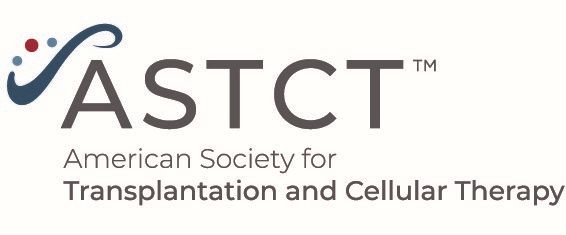
UK Researchers Develop Simplified Manufacturing Process for CAR T Cells

ASTCT recently published an article in their journal Nucleus detailing a simplified manufacturing process for CAR T cells.
The following was recently published in ASTCT’s
Despite the great promise of CAR T-cell therapy, unique obstacles must be overcome to achieve efficient large-scale production of cell products. Technical challenges in the manufacturing of cell products can result in a lack of standardization and variability in quality. Labor-intensive, multi-step open manufacturing processes may increase the risk of contamination.
In a paper published in July in Cells, researchers in the United Kingdom describe how they addressed these challenges in the development and validation of a new, simplified, sterile manufacturing process for an experimental autologous CAR T-cell therapy for head and neck squamous cell cancer (HNSCC).
The team, led by John Maher, MBBS, PhD, of Guy’s Cancer Centre at King’s College London, departed from current approaches by opting to bypass leukapheresis by using whole blood as their starting material and to formulate expanded CAR T-cells as a fresh rather than a cryopreserved drug product.
“At the time of writing, this manufacturing process has been used to successfully treat 16 HNSCC patients in an ongoing Phase 1 clinical trial,” they write. “Yields were consistently in excess of 1 billion cells from as little as 40mL blood, without any batch failures and achieving target CAR T-cell dose in every case.”
Reference
van Schalkwyk MCI, van der Stegen SJC, Bosshard-Carter L, et al. Development and Validation of a Good Manufacturing Process for IL-4-Driven Expansion of Chimeric Cytokine Receptor-Expressing CAR T-Cells. Cells. 2021;10(7):1797. Published 2021 Jul 15. doi:10.3390/cells10071797
Newsletter
Stay up to date on recent advances in the multidisciplinary approach to cancer.



































